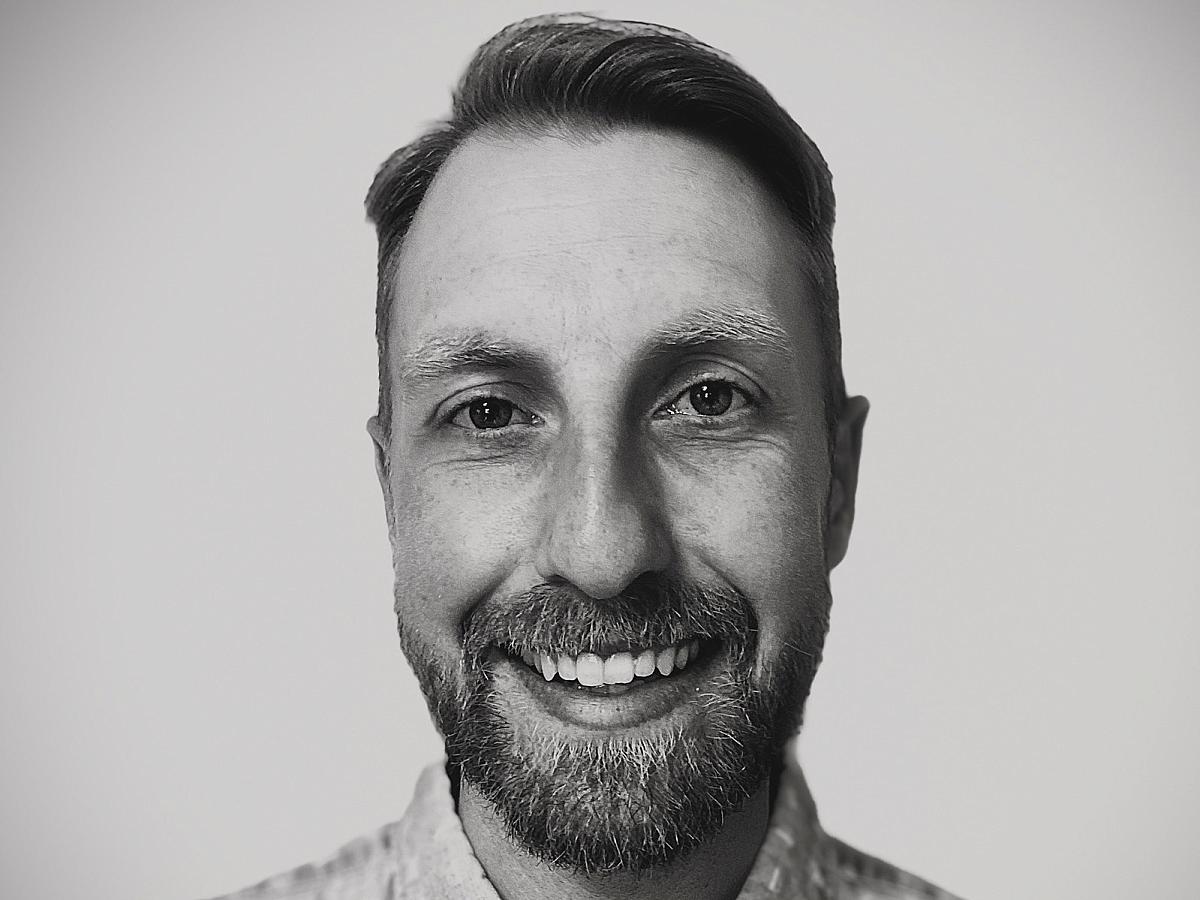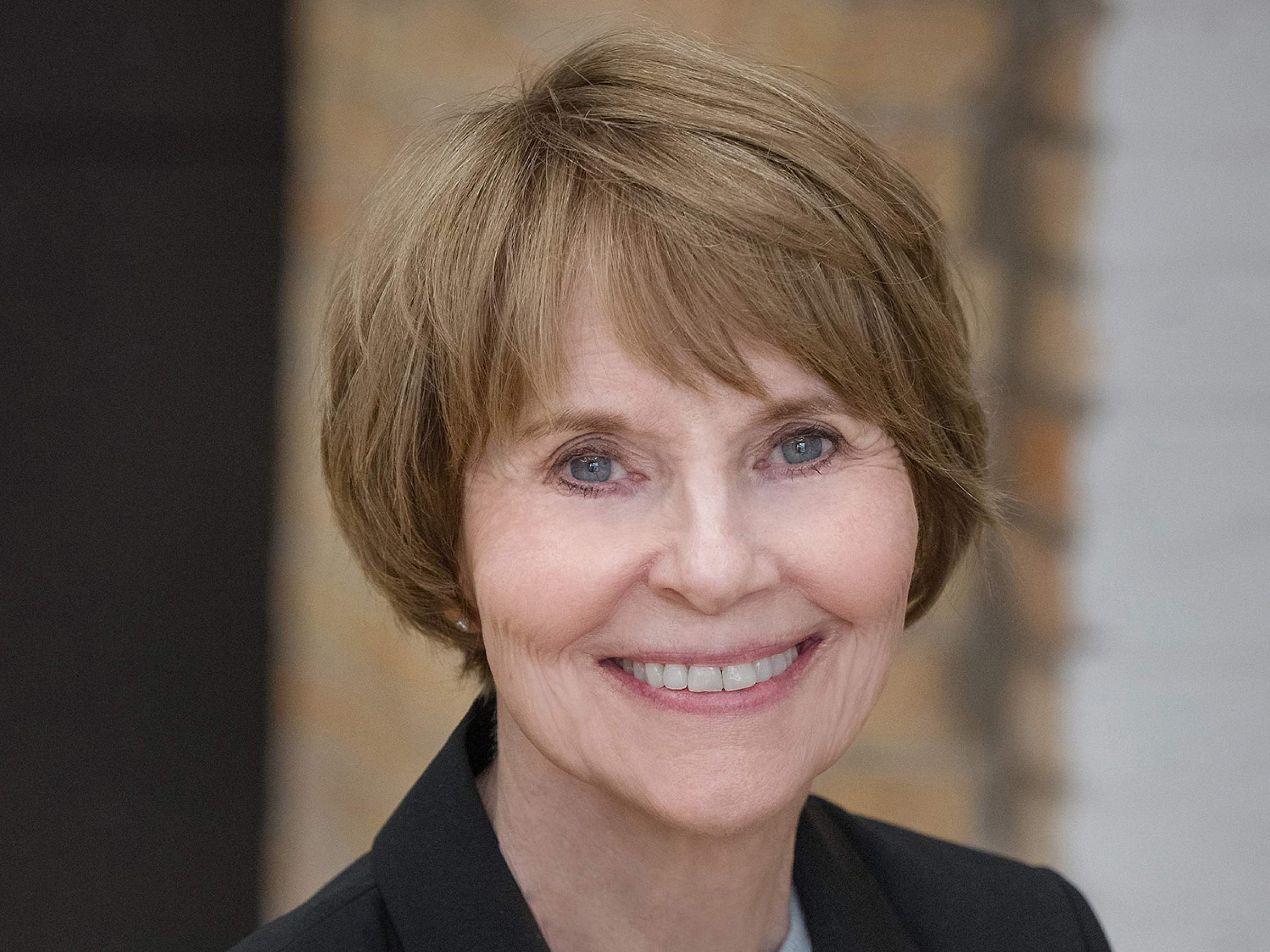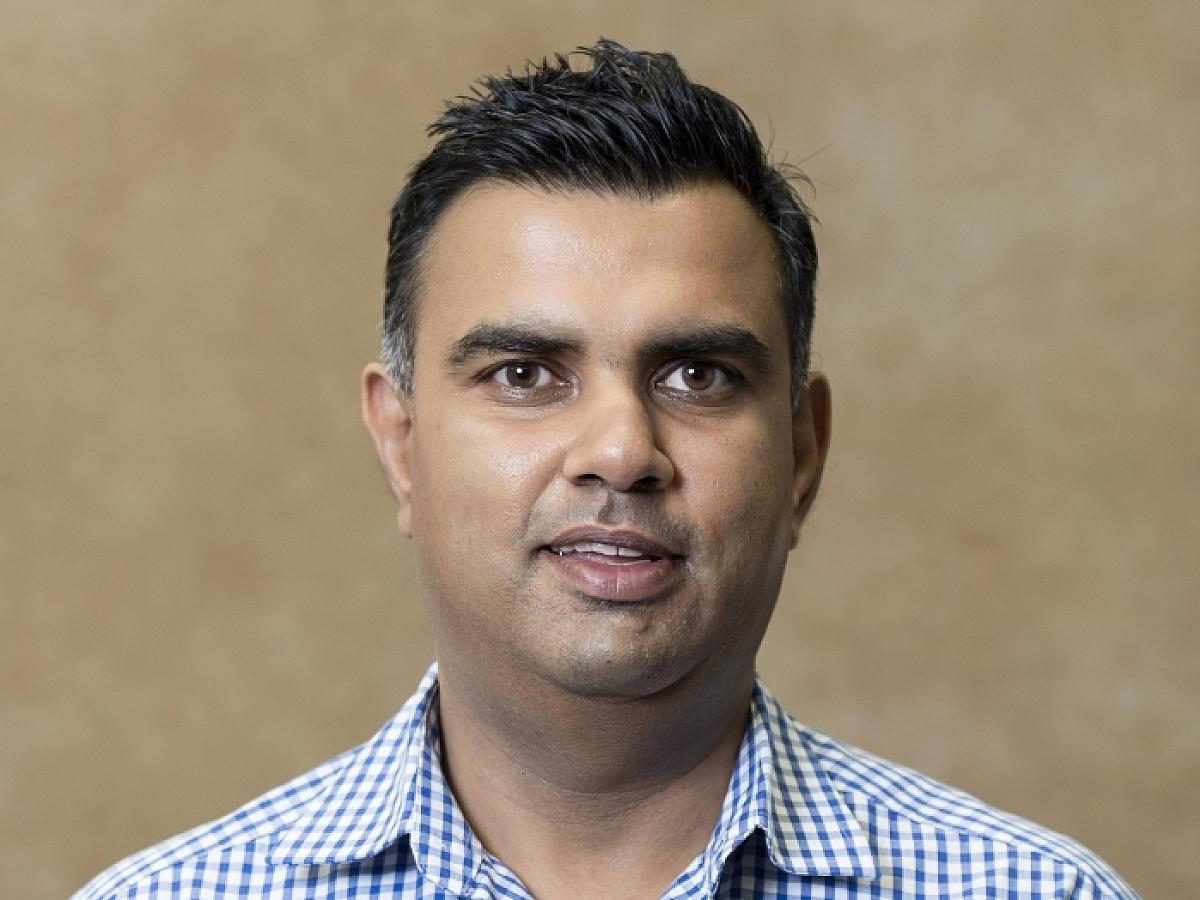
Chris Depner, PhD
Assistant Professor in the Department of Health & Kinesiology
Depner runs the Sleep and Circadian Physiology Lab. His research aims to understand how the interactions between sleep and circadian physiology and nutrition contribute to metabolic health. In 2023, he received a $3.8 million grant from the NIH to study people who don’t sleep enough and shift their circadian clocks so they can get more sleep.
Why did you decide to pursue your line of research?
I chose to study sleep and circadian physiology because everybody has to sleep. It’s a universal requirement for life. Poor sleep negatively impacts so many aspects of life, so if we can improve sleep through research, we have a high probability of positively impacting health and wellbeing.
How would you give an “elevator pitch” about what you research, to someone who doesn’t have any background knowledge?
Our research is focused on understanding the reason why people like shiftworkers, who have short sleep and circadian misalignment, suffer from higher risk of diabetes and heart disease. Our goal is to create interventions that reduce this risk, even when sleep loss or shiftwork are unavoidable.
What are you most proud of in your research career?
We have shown through a series of studies that even though weekend “catch-up” sleep makes you feel less sleepy, your body cannot recover on sleep in just a single weekend. From a health standpoint, weekend catch-up sleep does not work (although this is still a controversial topic). A key aspect of this issue is the interaction between sleep duration and the timing of sleep, relative to our internal circadian clock timing. We have many ongoing studies in this area.
Kathy Chapman, PhD
Professor in the Department of Communication Sciences and Disorders
Chapman will be receiving Honors of the American Cleft Palate Craniofacial Association (ACPA) at this year’s May 2025 ACPA annual meeting in Palm Springs, CA. This award represents the highest expression of respect and gratitude ACPA bestows and is granted to those individuals whose lifetime of research, healthcare delivery or leadership has advanced the amelioration of physical, behavioral or social handicapping conditions of cleft lip and palate or other craniofacial anomalies. She has served as principal or co-investigator on many NIH-funded projects, including a $6.2 million grant through 2026.
What sort of training did you need to get into your current specialty?
My PhD is from Purdue University in Speech, Language, Hearing Sciences. During my doctoral program, I specialized in child language development and disorders, which allowed me to bring a unique perspective to work in the subject of cleft palate.
What are you most proud of in your research career?
Our development of the Cleft Outcomes Research Network (CORNET) has the largest cohort of children with cleft palate +/- lip (CP+L) in the US. They will be followed from repair of the palatal cleft at around one year of age until age three. We have assembled a consortium of 17 cleft palate teams, which is also the largest collaboration of its kind in the US. With the data from this study, we have been able to answer necessary research questions related to multiple aspects of cleft care. This includes post-operative surgical care practices, feeding, the impact of the COVID-19 pandemic on surgical timing, the impact of socioeconomic deprivation on language outcomes, early speech development, to name a few.
How does your research contribute to the College’s goal of redefining the human healthspan?
Persistent speech problems in children with CP+L can lead to increased risk for social isolation, bullying and low academic attainment. The goal of this research is to ensure that these children receive surgical protocols and speech interventions that result in the best overall communication outcomes. This will improve long term academic functioning, social-emotional wellbeing, and quality of life.
Amit Sethi, PhD

Associate Professor in the Department of Occupational and Recreational Therapies
Sethi is new to the COH, joining OT/RT in 2024. He directs the Neural Plasticity Rehabilitation and Movement Dynamics Lab (NERD Lab), which focuses on understanding the mechanisms of recovery to inform the development of interventions and technologies to improve motor function (primarily arm and hand) in individuals post-stroke. He’s currently the site principal investigator on a NIH R21 grant focused on telerehabilitation for stroke patients.
What brought you to the College of Health?
I chose to join the College of Health at the University of Utah because of its strong reputation for innovative and impactful research in health and wellness. The university offers cutting-edge resources, interdisciplinary collaboration, and opportunities to contribute to meaningful advancements in health science. I was particularly drawn to the College’s commitment to addressing pressing health challenges and improving quality of life, whether through public health initiatives, rehabilitation science, or exploring the social determinants of health.
How did you become interested in your research focus?
I became interested in stroke rehabilitation after my neighbor had a stroke. His recovery fascinated me and kept me intrigued how the brain recovered overtime. Initially there was no movement and few months down the road, he regained most of his movement back in his right arm and hand. In contrast, I saw several patients who regained very little movement. This complexity of neural recovery is intriguing, and we still don’t have complete knowledge of the biomarkers of motor recovery after stroke.
How does your department and the College of Health support faculty in research?
My department and College of Health has provided me enormous infrastructure to conduct my research, which includes space, equipment, and personnel support. I’m surrounded by experts in the field and have access to diverse research projects, which empowers me to grow as a researcher and make a tangible difference. The vibrant research community and the University of Utah’s location, with its unique cultural and natural setting, provide an ideal environment for professional development and personal growth.




